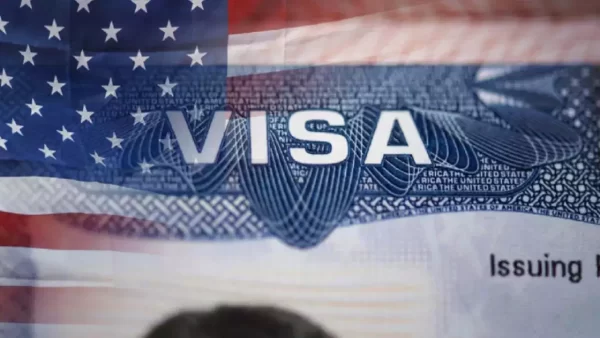A landmark judgment that would bring a part of UK law into line with sharia law’s position on “bride price” payments is to be announced within the week in the central London county court, during a case backed by a women’s charity.
A gift – or mahr – is one among the important aspects of an Islamic marriage settlement . it’s a present , or a promise of a present , to the wife by the husband. it’s agreed between the oldsters or guardians of the bride and therefore the groom verbally or in writing shortly before the couple’s marriage.
Under shariah , the wife has the proper to invite her full mahr at any time during her marriage or upon its dissolution. South Asian women married under UK civil law, however, are currently unable to demand its payment fully on divorce. they need to instead apply to the domestic relations court , which usually demands only the partial payment of the cash as a part of the general financial settlement under section 25 of the Matrimonial Causes Act 1973.
Until now, the united kingdom courts have dealt only with cases involving written mahr contracts. The case in question is that the first involving an alleged agreement to be heard within the UK courts.
Nazma Quraysha Brishty has taken her ex-husband, former mother-in-law and former father-in-law, Maksudul, Shahinur and Izaharul Halder, to the county court to demand the complete payment of her mahr, which she says is worth approximately £55,000.
The couple had a mutually agreed, arranged marriage in England in January 2017. They separated later that year and were divorced in 2018. Brishty’s former in-laws paid her £5,005 – the mahr written in their Islamic certificate of marriage – but have refused to pay the remaining sum that Brishty says her former father-in-law promised verbally, within the presence of her father and another witness, before and at the marriage ceremony. Her ex-husband and his family deny there was an agreement .
“If this case is won in favour of Nazma, this decision are going to be an awesome triumph not just for her but also for other women in her circumstances,” said Thamina Kabir, the principal solicitor at Thamina Solicitors, who is representing Brishty.
“There is not any established case law or order handling women during this position. the choice itself would be the simplest and most thorough examination of a drag that has vexed legal practitioners for many years .”
“This decision, if made within the favour of Nazma, would be a landmark decision of this decade and would positively influence the justice system by forcing the legal practitioners to think during a different thanks to make sure the claimants’ entitlement that they deserve. Certainly we’ll see more and more cases at the doorsteps of civil and family practitioners.”
If the court finds in Brishty’s favour, the case will establish a precedent that cases involving mahr are often heard at UK county courts for breach of contract and at the domestic relations court as a part of financial settlement. this is able to enable women to demand the payment of their mahr fully as is required by shariah .
The ruling would be applicable not only to Muslim women but to women from all cultural backgrounds where the tradition of giving mahr is practised, no matter their immigration status within the UK and whether the contract was in oral or written form.
Pragna Patel, the founder and director of SBS, which has been observing the case and supporting the claimant, said: “We urge the courts and policymakers to try to to more to deal with what’s a serious gap in protection and justice for several black and ethnic group women once they seek financial settlements in courts following the breakup of their marriage, over issues like dowry and gift .”
Parminder Saini, a barrister from 5 Chambers who has advised Brishty’s legal team, said: “This case is timely and relevant because it represents the growing confidence of girls from the Asian subcontinent to say their rights and challenge injustice, which might be seen as a cultural gaffe but which has prevented women from seeking protection of their interests.
“It are going to be interesting to ascertain how the court rules. In any event, I expect to ascertain more such cases being brought forward.”


